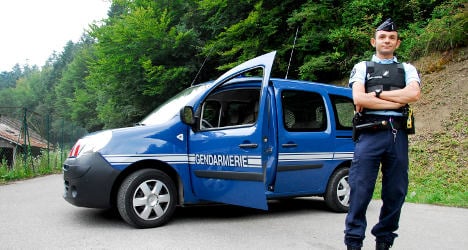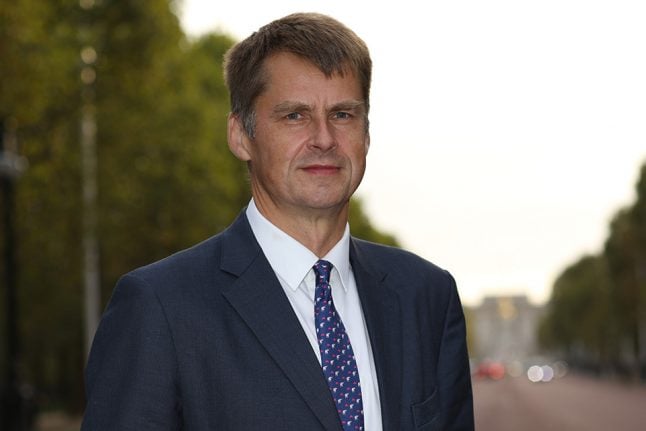The first anniversary of a quadruple murder in Chevaline in the French Alps will be marked on Thursday with police still struggling to explain the shocking and violent slaying.
"We know that a 7.65 calibre Lugar was the murder weapon, but apart from that we know nothing," British investigator Kevin Hurley told French radio RTL on Wednesday.
Acknowledging that the Chevaline case was the most mysterious he had come across in 20 years, the man from Scotland Yard admitted: "Neither do we know whether there was one killer, or if there were accomplices. And the real problem is that we still haven't found the motive."
In a case that has intrigued and horrified in equal measure, three members of the British-Iraqi al-Hilli family and Frenchman Sylvain Moller died on September 5th, 2012 in a woodland car park close to the village of Chevaline in the hills above Lake Annecy.
All four victims had been shot at least twice in the head during an attack in which the killer or killers unleashed more than 25 shots.
The ordeals endured by the al-Hilli's two daughters added to the particularly unsettling nature of the beauty spot massacre.
Zainab, then seven, was left for dead after being shot in the shoulder and repeatedly beaten around the head, apparently with the butt of an automatic pistol, yet somehow recovered after weeks of intensive care.
Her younger sister, Zeena, miraculously went unnoticed by hiding under her mother's skirt in the back of the family's BMW estate.
Incredibly, Zeena, then four, also escaped the attention of the first emergency workers to arrive at the scene and was to spend eight hours crouching under the legs of her slain mother before finally being discovered by forensic experts who had travelled from Paris to inspect the sealed-off site.
Twelve months on, investigators remain at a loss to explain why the two little girls, who are now with relatives after months in foster care, were made to endure such horrors.
In March, Eric Maillaud, the Annecy prosecutor who is in charge of an investigation being conducted in collaboration with British police admitted to The Local that the inquiry may never reach a definitive conclusion.
“Of course it is possible we will never find them, but it’s too early to conclude that,” Maillaud said. “It’s out of the question that we will be thinking like that now.”
Despite the lack of a definitive theory as to a motive for the murders, investigators have concluded that Moller was not a target and died because he had the misfortune to arrive at the scene at the wrong time while out cycling.
A theory that the attack could have been the work of a lone psychopath also seems to have been dismissed.
Instead, the investigation has focused increasingly in recent months on the possibility that the slaying had its origins in a dispute between one of the victims, Saad al-Hilli, and his brother Zaid, over a family inheritance.
Maillaud has described the financial dispute as involving several million euros.
He said in June that investigators were trying to track the destination of calls made to Romania from Zaid al-Hilli's home phone in the weeks prior to the attack.
Shortly after that revelation, Zaid al-Hilli was arrested by British police and questioned on the basis of suspicion of conspiracy to murder.
He was subsequently released without charge but remains under bail pending further enquiries.
Maillaud and his British counterparts are due to give an update on the progress of the investigation at a press conference scheduled for Friday in Annecy.
Don't miss stories like this – join The Local France on Facebook and Twitter




 Please whitelist us to continue reading.
Please whitelist us to continue reading.
Member comments